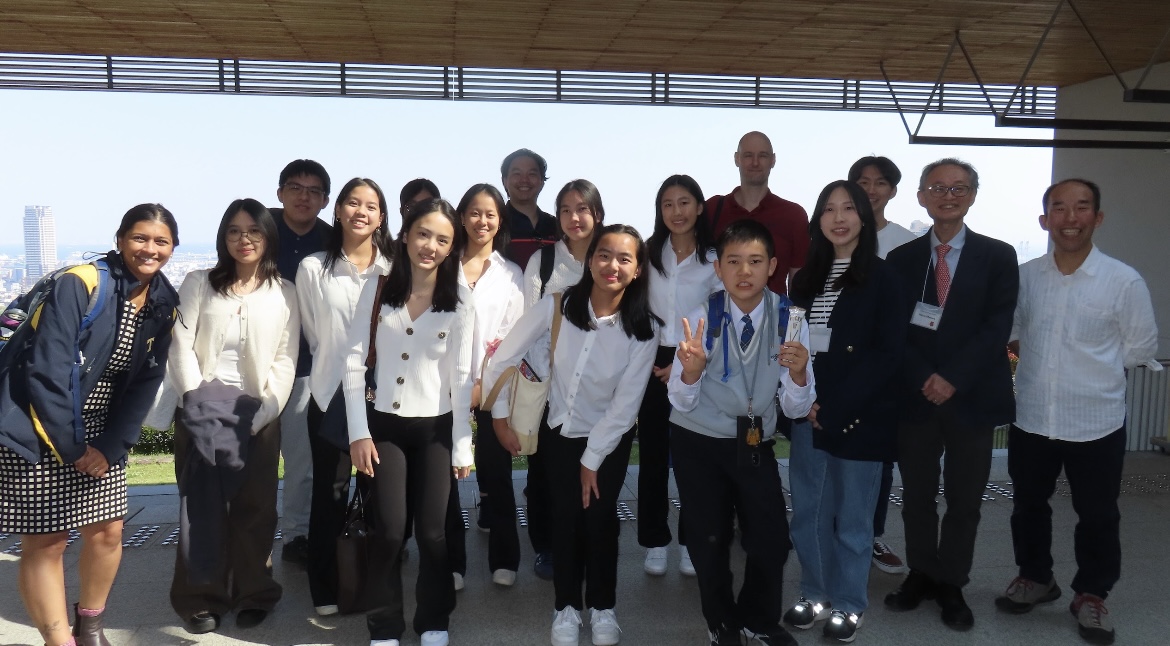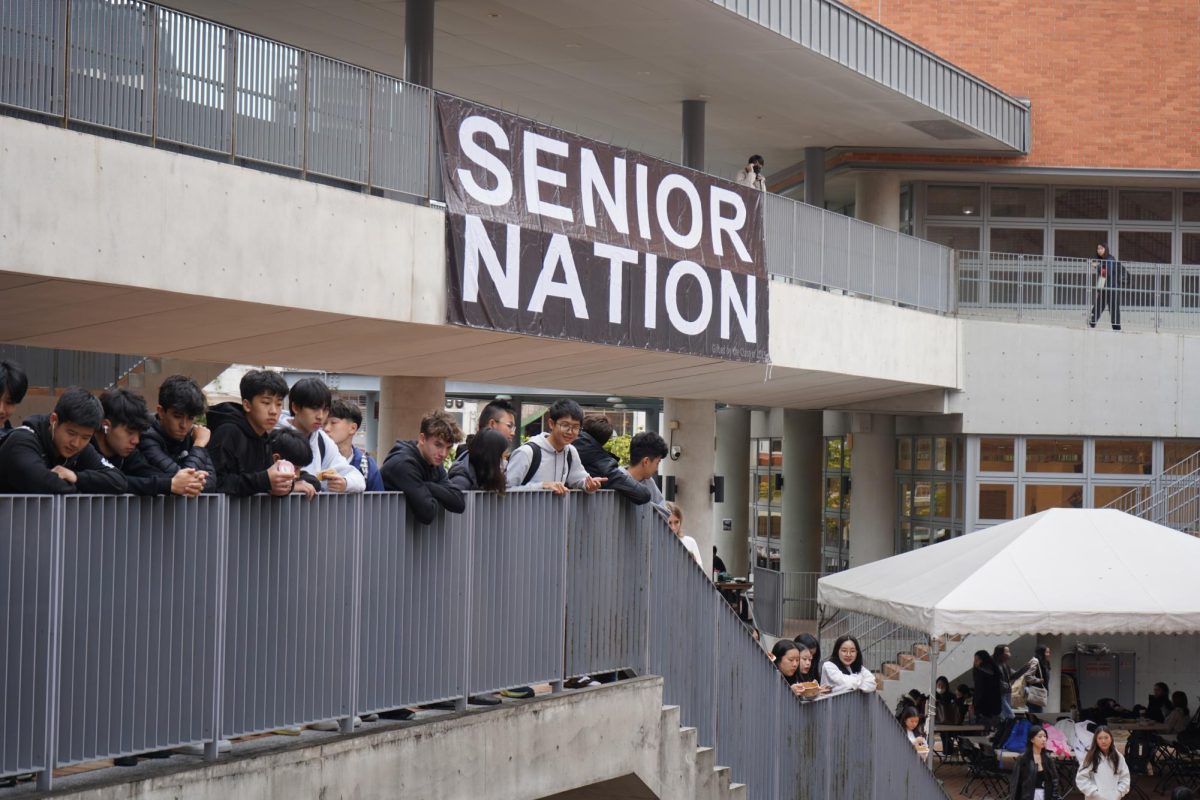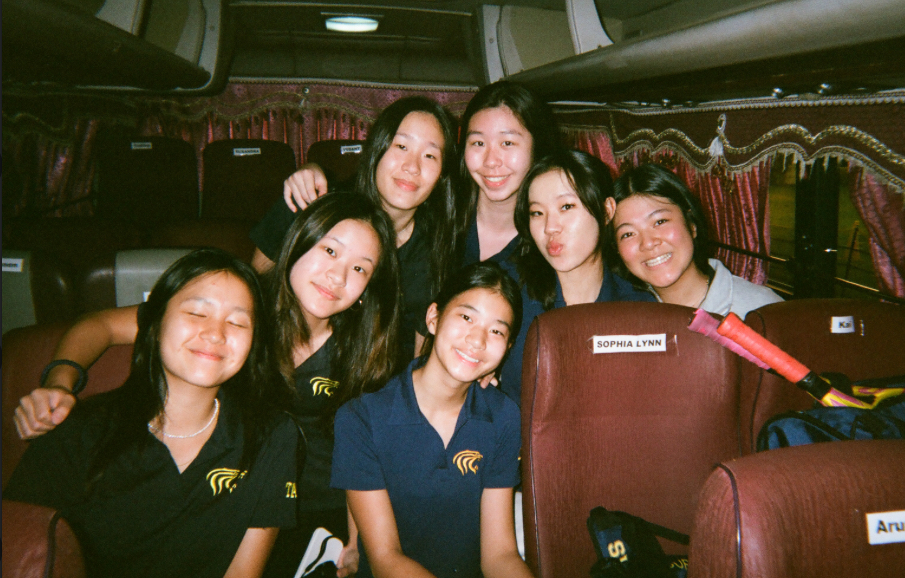Service learning is a dynamic educational approach that effectively connects school-based curriculum with the inherent empathy and concern young individuals have for their communities. This educational approach, grounded in research, seamlessly integrates classroom instruction with hands-on experiences aimed at addressing authentic community needs. It empowers youth to take proactive roles in serving their communities while providing structured opportunities for reflection on their service endeavors. Additionally, service learning serves as a platform for demonstrating acquired skills and knowledge in real-world contexts.
In the IB English Language and Literature course, a significant improvement has been made by incorporating a unit focused on a local film, “Panay,” addressing land ownership among the indigenous Taiwanese Amis community. Last year, guest speaker, Mr. Toby Openshaw, shared insights into the history of indigenous peoples in Taiwan and his connections with various indigenous communities. The decision to expand service learning in this particular unit was influenced by its relevance, inspiring content and the opportunity to highlight marginalized voices, especially for students who have lived in Taiwan for most of their lives.
Another guest speaker, oy away maya, a member of the Saisiyat tribe, shared five specific challenges Indigenous people face in Taiwan. The English department held bracelet making workshops with two Ami teachers, Kamulang and Falahang. In the workshop, students were taught how to make bracelets as well as being taught their traditional significance. Then, the IB students collaborated with the Lowerschool on their Indigenous unit, teaching them how to make a simpler version of the Ami bracelet.
The service learning aspect of the unit is structured around four types: direct service, indirect service, advocacy awareness action and research. The primary focus for the service learning unit is to address two essential questions: How to honor local Indigenous communities as a school? And how to cultivate long-term positive relationships with them?
The expansion of this unit aims to provide students with more opportunities for service learning, creating a framework that magnifies the voices of marginalized communities. Additionally, collaborative efforts between different school divisions, such as the bracelet-making workshop with third graders, offer a chance for increased interaction across the school. The improvements made to the course reflect a commitment to enhancing the overall learning experience and fostering positive engagement with local communities.
As it should be in an international school, service learning proves to be an impactful educational method, connecting classroom curriculum with community involvement and nurturing empathy among youth. The broadened service learning opportunities within the IB English Language and Literature course exemplify a dedication to amplifying marginalized perspectives and fostering authentic connections with local communities. Through hands-on experiences and guest speakers, students not only gain valuable insights but also actively contribute to addressing real-world challenges. These initiatives underscore a commitment to enriching the learning journey and fostering socially aware individuals ready to effect positive change in their communities.

![The English Department hosts a Jamaican potluck [ANNABELLE HSU/THE BLUE & GOLD]](https://blueandgoldonline.org/wp-content/uploads/2025/01/IMG_3440-1200x900.jpeg)


![[PHOTO COURTESY OF PIXABAY]](https://blueandgoldonline.org/wp-content/uploads/2025/03/white-18227_1280-1200x803.jpg)

![[PHOTO COURTESY OF PIXABAY]](https://blueandgoldonline.org/wp-content/uploads/2025/03/fire-6706674_1280-1200x800.jpg)
